
A prominent cosmetic surgeon and his daughter have lost a 2017 paper on treating men with excessive neck flab — otherwise known as “turkey neck” — because much of the work appears to have duplicated a book chapter he co-authored about the topic.
The first author of the retracted article is Ronald L. Moy, a plastic surgeon to the stars in Beverly Hills, Calif., and a past president of both the American Academy of Dermatology and the American Society of Dermatology. In a 2012 article about area plastic surgeons, LA Confidential Magazine dubbed Moy the “youth guru” and a local leader in the use of “new research and a comprehensive approach to restore a youthful complexion—no cutting required.”
His co-author was his daughter, Lauren Moy, who appears to be working with him in his Rodeo Drive dermatology practice.
Continue reading “Youth Guru” loses turkey-neck paper that overlapped with book chapter
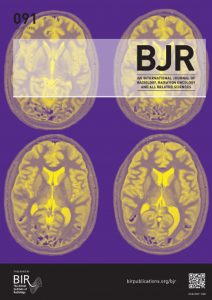

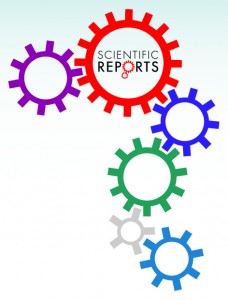 Following a massive editorial protest,
Following a massive editorial protest, 
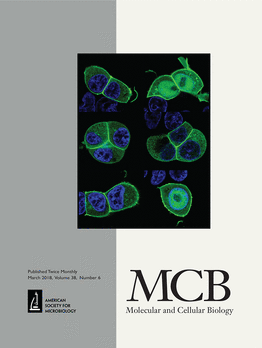 A researcher who is
A researcher who is 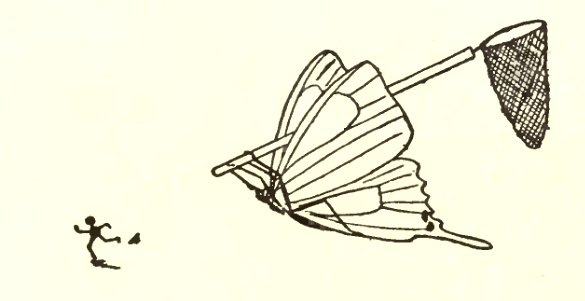 Title:
Title: 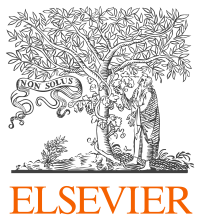 A researcher whose
A researcher whose 
